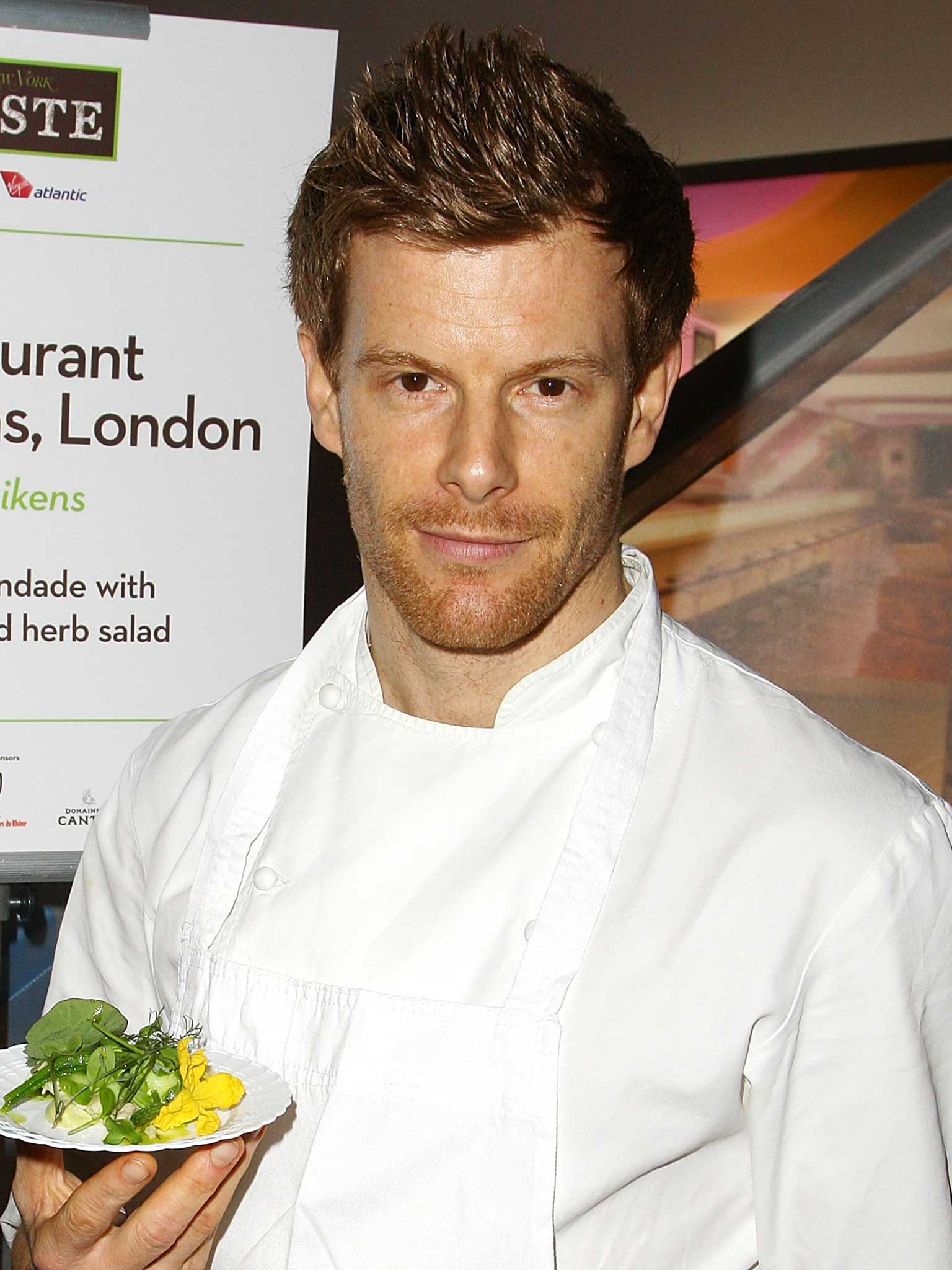I'll have the fidget: Top chefs want to reintroduce forgotten foods to our plates

Ever tasted a hopshoot? Or a Northdown clawnut? What about Huntingdon fidget pie? Chances are those dishes are about as familiar to you as dodo meat. But maybe not for much longer. Slow Food UK, the British arm of the group founded in Italy in 1986 to counter the rise of fast food, have added those three, along with whey butter, Musselburgh leeks, Manx kippers and blue grey beef, to its list of forgotten foods.
The group is committed to rescuing all 68 dishes and ingredients on the list from culinary obscurity, by way of education programmes and high-profile partnerships. To celebrate the latest additions, for instance, and the launch of a forgotten foods online recipe bank on 6 November, they have teamed up with London chefs Tom Aikens, chef/proprietor of Tom's Kitchen, and Lukas Pfaff of Sartoria.
Both will be serving menus throughout November which showcase Britain's "endangered foods".
"The aim is simple," says Nathalie Nötzold of Slow Food UK. "We want to ensure these foods aren't forgotten and that the small-scale producers who make them are given the support they need to continue working."
Slow Food's efforts are not limited to chef link-ups; they also have partnerships with office catering firm Restaurant Associates, which serves forgotten foods on its menus, and Booths, a supermarket chain in North-west England, which stocks the products in its shops.
But why should we care if certain foods fall out of favour? "It is incredibly important that we don't lose them," says Nötzold. "If you care about edible biodiversity and food security, it is important that these dishes survive. And aside from all of that, they are culturally significant – all the dishes have to be regionally important to get on the list."
If all that sounds a little academic and flighty, heed the words of Lukas Pfaff, a long-time devotee of Slow Food. He says that to lose the dishes to history is to lose a whole world of flavour. "Take Morecambe shrimp for instance. To eat it is not just to have the pleasure of knowing you are eating the food that your grandparents ate, but also to try a fantastic tasting food," he said. "For me it is about variety."
For decades, supermarkets have focused their attention on producing ready meals and vegetables that look like they've been cloned, so one can only hope that this is the other side of the story. Are we then now all likely to all be eating fidget pie (made from bacon, onions and apples) for supper and breakfasting on Manx kippers at every opportunity? Probably not. But it can only be to the good that local, seasonal food has found such deft and sensitive champions as these.
Subscribe to Independent Premium to bookmark this article
Want to bookmark your favourite articles and stories to read or reference later? Start your Independent Premium subscription today.

Join our commenting forum
Join thought-provoking conversations, follow other Independent readers and see their replies